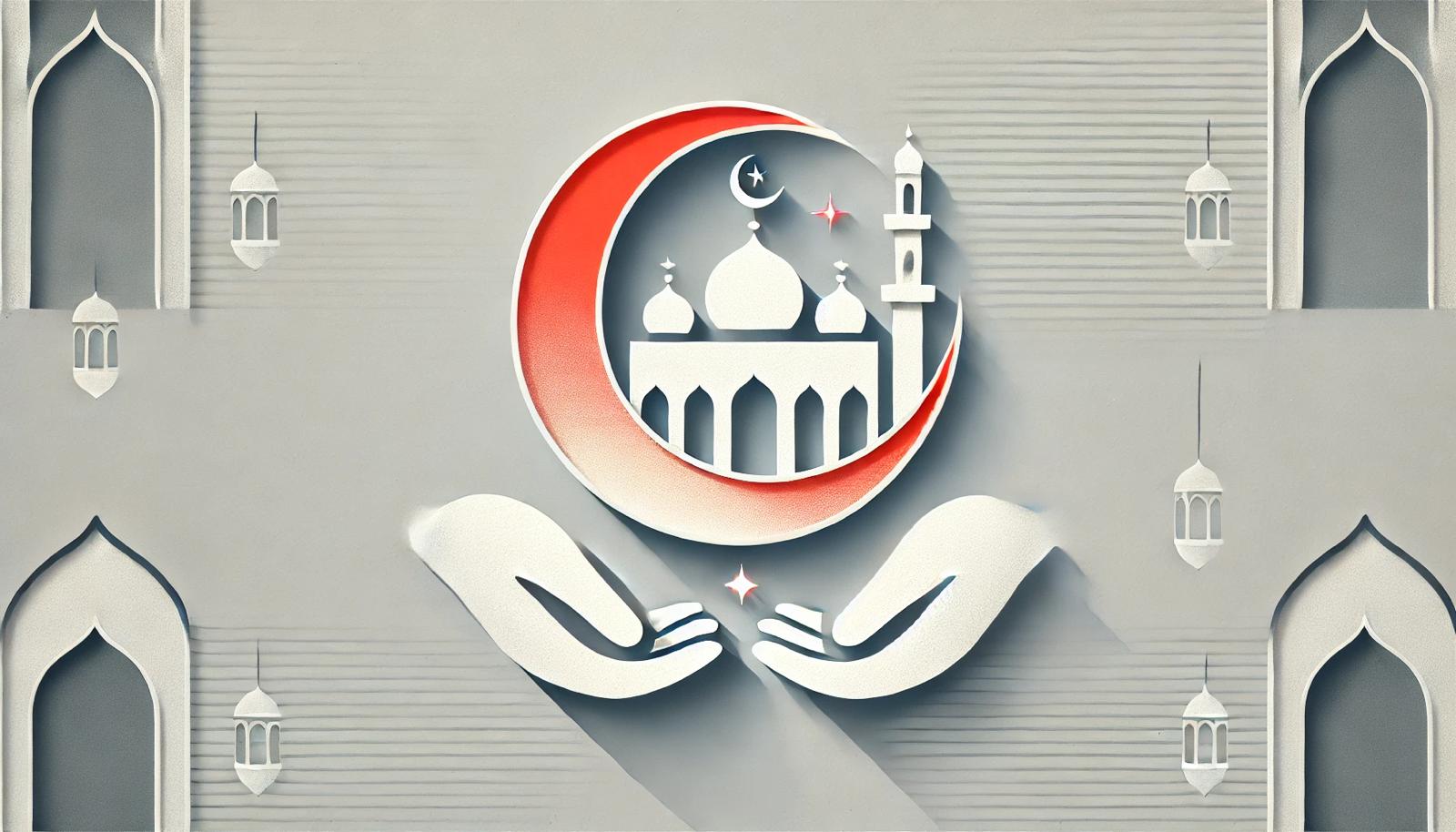
Ramadan and Works of Mercy in Islam
The month of Ramadan, a journey of prayer, fasting and sharing
Sunday, March 30 marked the end of the month of Ramadan, the ninth month of the Islamic calendar. A time of prayer and fasting. In fact, for those 30 days one fasts from sunrise until sunset, does not eat, drink or smoke. All Muslims are obliged to follow these rules; only in cases of illness or travel is it possible not to fast, as well as for young children.
Islam is based on five pillars (in Arabic it is called أركان الإسلام Arkān al-Islām) that is, fundamental obligations laid down in the Religious Law and addressed to every Muslim believer of any gender, in compliance with God’s will.
They are:
- testimony of faith (shahādah)
- prayer (ṣalāt)
- legal almsgiving (zakāt)
- fasting (ṣawm or ṣiyam) in the month of Ramadan
- pilgrimage (ḥajj) to Mecca, if the believer’s condition (economic or health) permits.
During this month all pillars are practiced, including pilgrimage to Mecca.
During Ramadan there are so many essential practices that are experienced in Muslim-majority countries. I am Egyptian and, although Christian, I recognize that the period of Ramadan is a special time for the whole country. Generally, works of mercy are activated. a lot of charity initiatives are done towards the poorest.
One of the most common things that both Christians and Muslims do during this month is “Maedat Al Rahman” or “The Table Of The Merciful (God).” On this occasion large tents are erected, with long tables under them, and there they offer “Il iftar” or the meal with which they break their fast at sunset, feeding those who have none. It is prepared by wealthier Muslims for the poorer ones, but also sometimes by Christians, and everyone eats together. The goal is not only to feed the hungry, but also to create an environment of sharing and family among all, where past offenses can be forgiven and a fresh start can be made. A time of reconciliation and conversion.
Passing through the streets during the hour of sunset, when you can hear prayers from the loudspeaker of all the mosques at the same time and sometimes even with the sound of gunfire in the air from a cannon being heard from all over the city.
You can find people (Muslim or not) stopping you, even if you are in a machina, even if you are not Muslim, to offer you dates (the initial food to break the fast). A kind of appetizer while waiting to get home to eat. Even if you are on a train or bus and the sunset time comes, everyone shares and offers food to each other.
Christians generally do not eat or drink in public places during that time, so as not to create difficulties for those who practice Ramadan in enduring hunger and thirst.
During Ramadan, many TV programs and series are broadcast on TV, prepared especially for this month, through which the sad are comforted with funny programs that make people laugh and lessen the burden of hunger and thirst. Other TV programs and series do religious and human formation for all, thus seeking to counsel the doubters, teach the ignorant, admonish sinners….
In Ramadan one greets like this, “Ramadan Karim (He is Generous),” and one replies, “Allaho Akram (God is more Generous).” And at the time of Iftar (the meal at sunset) one says to the other, “May your fasting be accepted and your Iftar be delicious!”
The month of Ramadan ends with the appearance of the half moon and the “El Aid” festival that lasts for three days, where they eat sweets, special cookies prepared just for that occasion.
Now and then it happens that Ramadan happens during Lent, and it is a very beautiful thing.
Copts in Lent fast from after dinner until lunch the next day without drinking even water, and they break the fast by attending Mass that lasts 2 hours with vegetarian food: only boiled vegetables seasoned with oil and legumes.
Then during the day, whether it is at work or college or school there is a holy atmosphere and we each try to live according to the scriptures.
It is an opportunity to grow in patience, fortitude and endurance of difficulties but most of all in the relationship with the merciful God and brothers and sisters.
Image
- Image digitally created by spazio + spadoni
